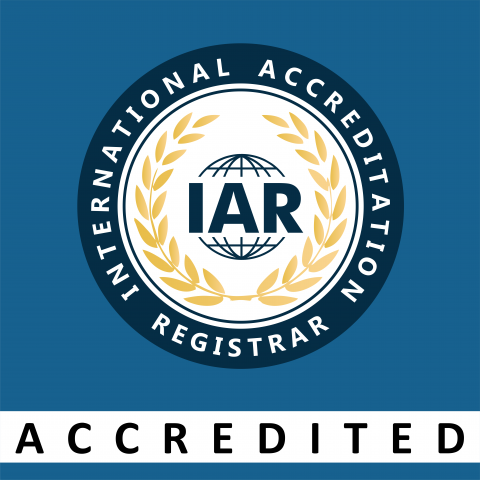You are here
Frequently Asked Questions - ISO 27001
Starting with your initial consultation with our ISO specialists and progressing through certification, the timeline can be as short as 15 days. However, the duration is contingent upon the size and complexity of your business. It's worth noting that we can often expedite the process and reduce costs by preparing the Documented Management System Manual on your behalf, which can also accelerate the certification for your business.
Following ISO 17021 guidelines, accredited certification bodies must provide certified organizations with certificates covering a 3-year certification cycle. Extensions beyond this timeframe are possible with the completion of necessary external audits and adherence to the certification cycle. ISO Certification, for instance, commonly issues certificates throughout a ten-year contract period.
At Company Certification, our dedication is to ensure that ISO certification remains cost-effective for all our clients. The expenses involved depend on various factors including your industry sector, annual turnover, number of employees, and other considerations. Feel free to utilize our complimentary calculator to receive an instant quote.
ISO certification is reserved for organizational entities, and not for individual professionals.
ISO 27001 is suitable for any organization looking to showcase its dedication to information security. This standard is applicable to startups, large enterprises, and entities of all sizes in between.
ISO 27001 certification is not a legal obligation. Nevertheless, it is strongly recommended for businesses that extensively handle data to safeguard against information security risks. Additionally, certain suppliers may stipulate ISO 27001 certification in their contracts.
There are four primary categories of requirements for ISO 27001. The initial set of requirements concentrates on management responsibility, outlining the areas of your information management system where senior leaders need to be actively involved.
The second set of requirements centers on resource management, addressing how you organize your staff, business infrastructure, facilities, and equipment.
The third category of requirements revolves around information security, necessitating the development of processes to safeguard both physical and digital information assets.
The final set of requirements focuses on measurement, analysis, and improvement. This category requires the implementation of processes to assess the effectiveness of your management system and identify opportunities for enhancement.
The present iteration of ISO 27001 is ISO/IEC 27001:2022, released in 2022

